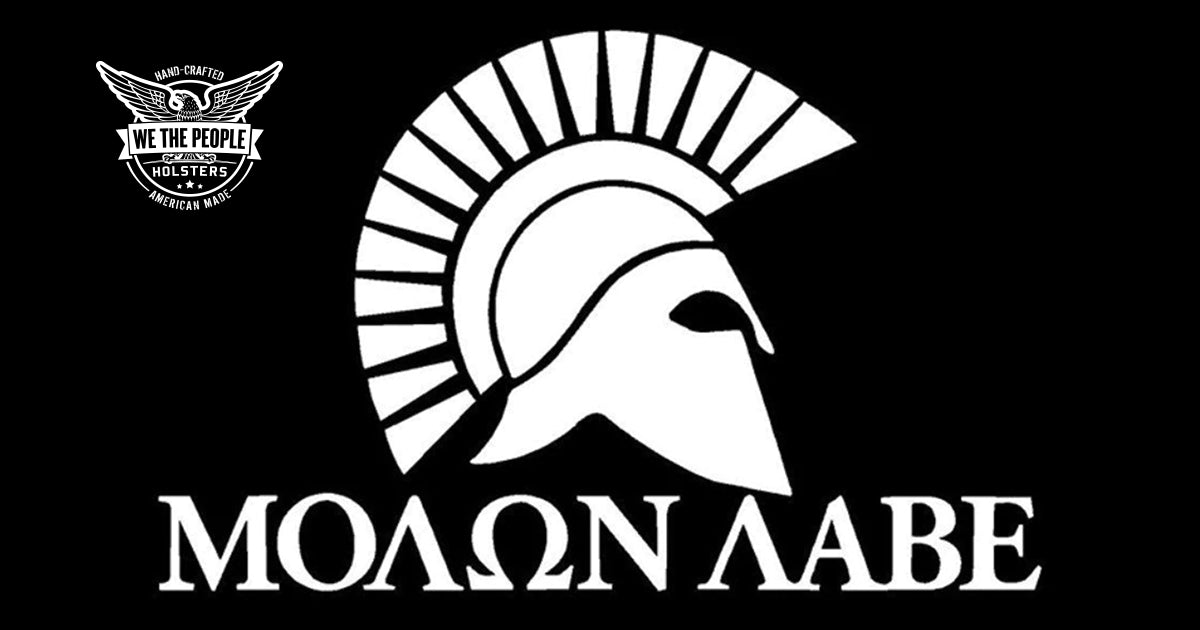The Illogic of Ordaining Authority
- Rah Boz
- Jun 10
- 3 min read
Rethinking Priestly Titles and Everyday Rituals

In our deeply layered social and religious traditions, language is often taken for granted. Titles, blessings, and rituals flow from generation to generation unquestioned—until we pause and ask: Where did this come from, and does it make sense?
One such examination brings us to the role of the "priest" and the persistent use of the term "father" to refer to these religious figures. For many, this practice is seen as sacred; for others, it presents a striking contradiction.
The Logic of Power and Human Authority
Let us begin with the foundational idea: a human being giving another human being the authority to call themselves a "priest." At its core, this is a transaction of social approval. Through ceremonies, ordination, and community agreement, one person is imbued with spiritual authority—but by whom? If the ultimate source of spiritual power is divine, why does a human institution, composed of flawed mortals, assume the right to appoint intermediaries?
There is no metaphysical proof that the divine has explicitly given any mortal the authority to act on its behalf. Religious organizations claim lineage, scripture, or revelation—but these are often interpreted by the very people who benefit from those interpretations.
The logical inconsistency lies in humans claiming to represent a divine power they cannot empirically prove, then using that assumed authority to elevate others. It is a closed loop of validation.
“Call No Man Father”
In the Christian tradition, particularly in the teachings attributed to Jesus, the instruction is clear: “And call no man your father upon the earth: for one is your Father, which is in heaven.” (Matthew 23:9). This is not poetic ambiguity—it is a direct commandment. Yet, the Catholic Church, among others, routinely refers to priests as "Father."
This contradiction is rarely addressed head-on. Instead, it's buried under centuries of tradition, linguistic justification, and theological acrobatics. The irony is hard to miss: those who claim to follow divine instruction often contravene it in the very titles they choose to adopt. If the divine is the singular Father, then what, exactly, is a priest claiming by allowing—no, insisting—that others call him the same?
“I’ll Pray for You” – The Subtle Arrogance
This leads us to another everyday spiritual behavior: someone telling you, “I’ll pray for you.” On the surface, this may seem kind, even caring. But look closer, and you'll see the quiet presumption. What does this person believe their prayer is doing for you? Are they implying they have a special connection to the divine that you do not? Are they interceding on your behalf, like a mediator between you and God?
In its worst form, "I'll pray for you" becomes performative—less an act of humility and more a subtle assertion of moral or spiritual superiority. It suggests an ordination-by-attitude, where anyone can claim a privileged channel to the divine simply by saying so. The intention may be good, but the logic often implies a hierarchy of faith, which is both unprovable and presumptuous.
“Bless You” – An Empty Ritual?
And then there’s the common social nicety: “Bless you” after a sneeze. Most people say it reflexively, unaware that the phrase dates back to superstitions—sneezing was once thought to expel the soul or allow demons to enter the body. Today, it’s just etiquette, a verbal tic. But think about the implication: someone is offering a blessing, a power presumed to have spiritual or divine weight.
Unless that person is ordained (and even if they are, we’ve already questioned that logic), how is it that they can grant a blessing with a casual phrase? It becomes clear that this too is a ritual detached from meaning. A blessing is meant to be sacred; reduced to an automatic response to a bodily function, it becomes linguistic theater.
Questioning Tradition Is Not Disrespect
None of this is to mock sincere faith or personal belief. Rather, it's a call to logic, to consistency, and to humility. If we believe in a divine power that is ultimate and singular, then our social and linguistic practices should reflect that belief, not contradict it. If we claim there is one Father, let’s not multiply him through ceremonial titles. If we believe all people are equal in the eyes of God, let us not elevate one person’s words or prayers above another’s without evidence.
Tradition has a powerful hold—but logic, once applied, is harder to ignore. And perhaps that’s the real blessing: the ability to question what we've accepted for too long.



Comments